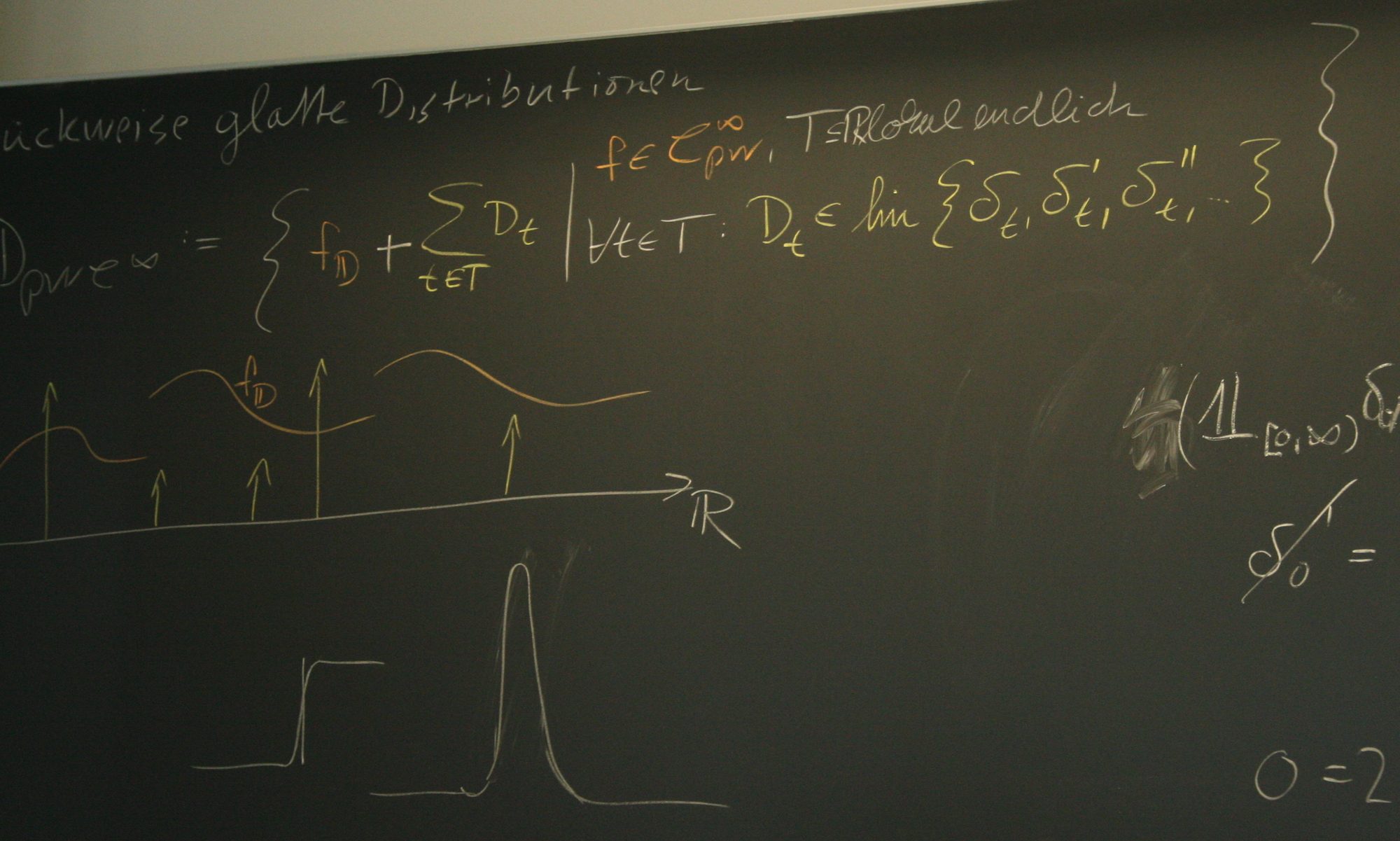The following three papers have been accepted for presentation at the 2022 European Control Conference (ECC22) in London, UK:
Chen, Yahao; Trenn, Stephan Stability analysis of switched nonlinear differential-algebraic equations via nonlinear Weierstrass form Proceedings Article In: Proceedings of the 2022 European Control Conference (ECC), pp. 1091-1096, London, 2022. @inproceedings{ChenTren22b,In this paper, we propose some sufficient conditions for checking the asymptotic stability of switched nonlinear differential-algebraic equations (DAEs) under arbitrary switch- ing signal. We assume that each model of a given switched DAE is externally equivalent to a nonlinear Weierstrass form. With the help of this form, we can define nonlinear consistency projectors and jump-flow solutions for switched nonlinear DAEs. Then we use a different approach from the paper [12] to study the stability of switched DAEs via a novel notion called the jump-flow explicitation, which attaches a nonlinear control system to a given nonlinear DAE and can be used to simplify the common Lyapunov function conditions for both the flow and the jump dynamics of switched nonlinear DAEs. At last, a numerical example is given to illustrate how to check the stability of a switched nonlinear DAE by constructing a common Lyapunov function. |
Mostacciuolo, Elisa; Trenn, Stephan; Vasca, Francesco An averaged model for switched systems with state jumps applicable for PWM descriptor systems Proceedings Article In: Proceedings of the 2022 European Control Conference (ECC), pp. 1085-1090, London, 2022. @inproceedings{MostTren22b,Switched descriptor systems with pulse width modulation are characterized by modes whose dynamics are described by differential algebraic equations; this type of models can be viewed as switched impulsive systems, i.e. switched systems with ordinary differential equations as modes dynamics and state jumps at the switching time instants. The presence of possible jumps in the state makes the application of the classical averaging technique nontrivial. In this paper we propose an averaged model for switched impulsive systems. The state trajectory of the proposed averaged model is shown to approximate the one of the original system with an error of order of the switching period. The model reduces to the classical averaged model when there are no jumps in the state. The practical interest of the theoretical averaging result is demonstrated through numerical simulations of a switched capacitor electrical circuit. |
Hu, Jiaming; Trenn, Stephan; Zhu, Xiaojin Funnel control for relative degree one nonlinear systems with input saturation Proceedings Article In: Proceedings of the 2022 European Control Conference (ECC), pp. 227-232, London, 2022. @inproceedings{HuTren22,The dilemma between transient behavior and accuracy in tracking control arises in both theoretical research and engineering practice and funnel control has shown great potential in solving that problem. Apart from the controlled system, the performance of funnel control strongly depends on the reference signal and the choice of prescribed funnel boundary. In this paper, we will present a new form of funnel controller for systems with control saturation. Compared to former research, the new controller is more reliable, and the closed-loop system can even achieve asymptotic tracking. Besides that, a new concept called constrained funnel boundary is introduced. Together with the new controller and the constrained funnel boundary, the application range of funnel control is extended significantly. |

